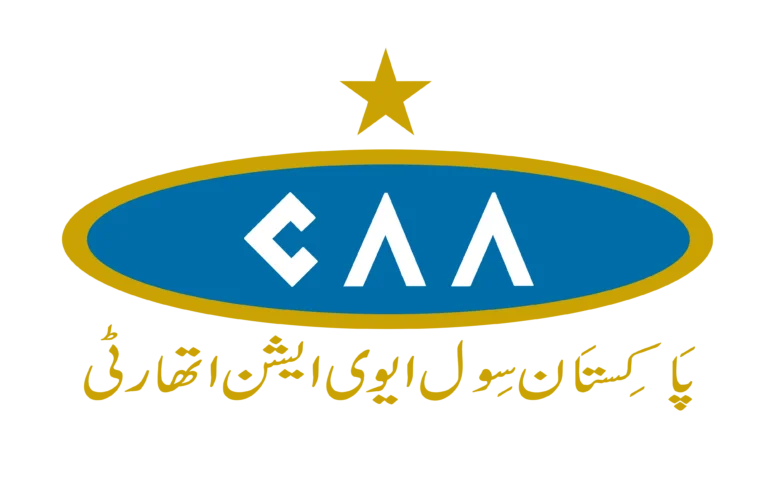Islamabad, Mar 16 2025: The Pakistan’s aviation industry is undergoing a remarkable transformation as the Ministry of Aviation introduces major structural reforms, infrastructure expansion, and international partnerships to enhance air travel and align with global aviation benchmarks.
One of the most significant achievements is the removal of the European Union (EU) and United Kingdom (UK) restrictions on Pakistani air carriers, allowing direct flights to Europe and unlocking new revenue opportunities.
This milestone, highlighted in the government’s one-year performance report, marks a strong resurgence for Pakistan International Airlines Corporation Limited (PIACL). The national flag carrier recorded Rs. 7.6 billion in profits in 2024, achieving double the earnings compared to the previous year.
Another major breakthrough is the opening of Gwadar International Airport (NGIA) in January 2025, a strategic development under the China-Pakistan Economic Corridor (CPEC).
The airport features a 12,000-foot runway, capable of accommodating wide-body aircraft, which will enhance trade, tourism, and regional connectivity.
To strengthen governance and regulatory oversight, Pakistan has restructured its aviation authorities, separating the Pakistan Civil Aviation Authority (PCAA), Pakistan Airports Authority (PAA), and Bureau of Air Safety Investigation (BASI).
This move ensures greater transparency, efficiency, and compliance with International Civil Aviation Organization (ICAO) regulations.
READ MORE:
CCP approves merger of NLC with DP World Logistics FZEIn a bid to modernize meteorological services, the World Bank-funded Hydromet Services of PMD in Pakistan (MHSP) project is being launched.
This initiative will deploy 300 automatic weather stations, five advanced weather radars, and a high-performance computing system, significantly improving weather forecasting and disaster preparedness.
With a strategic emphasis on modernization, operational efficiency, and global reach, these initiatives not only enhance the Pakistan’s aviation industry standing but also increase investor confidence in PIACL’s privatization by transferring its liabilities to a newly structured holding company.
As Pakistan moves towards a stronger, more competitive the Pakistan’s aviation industry, these groundbreaking advancements promise greater foreign investment, improved passenger experiences, and expanded global connectivity, ensuring a brighter future for air travel in the region.









